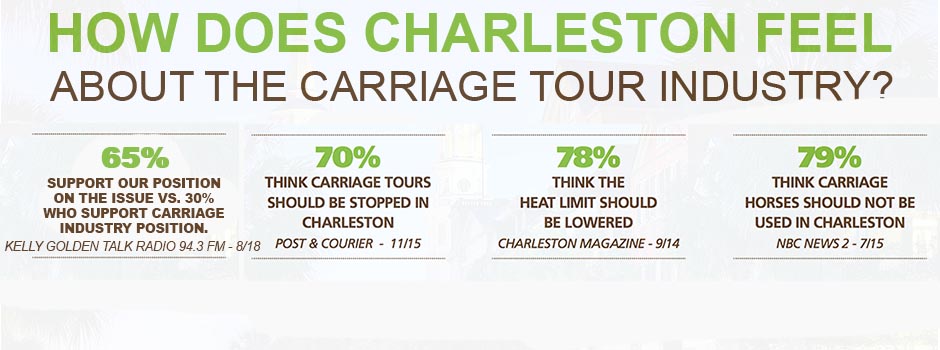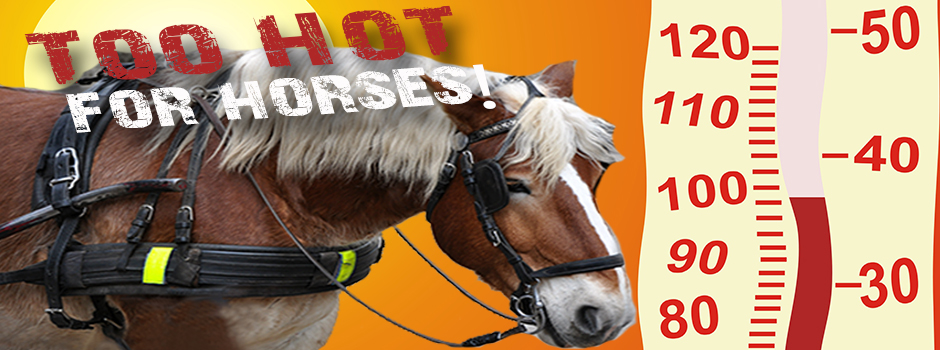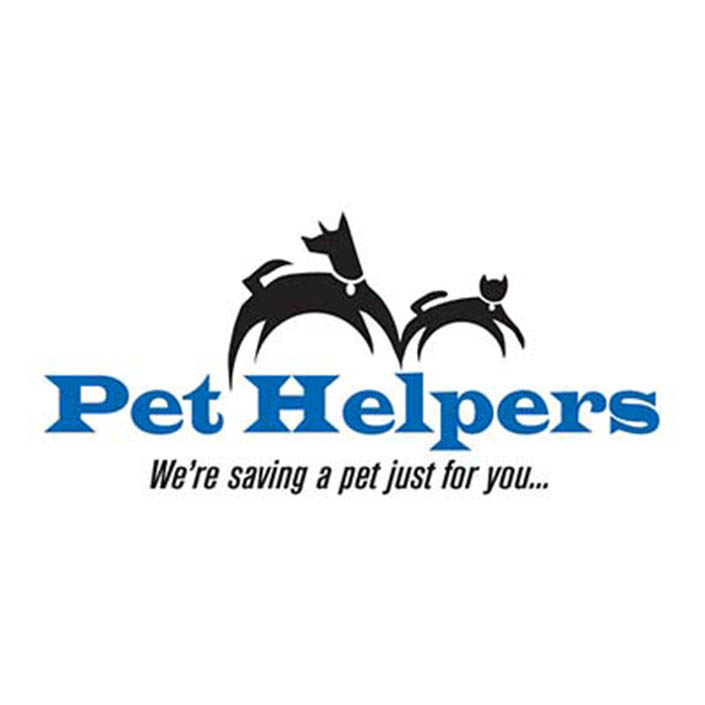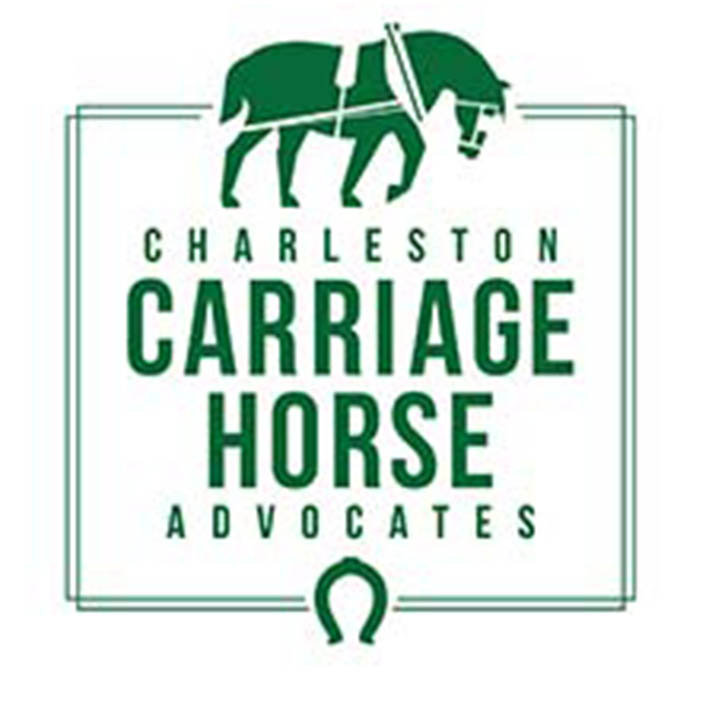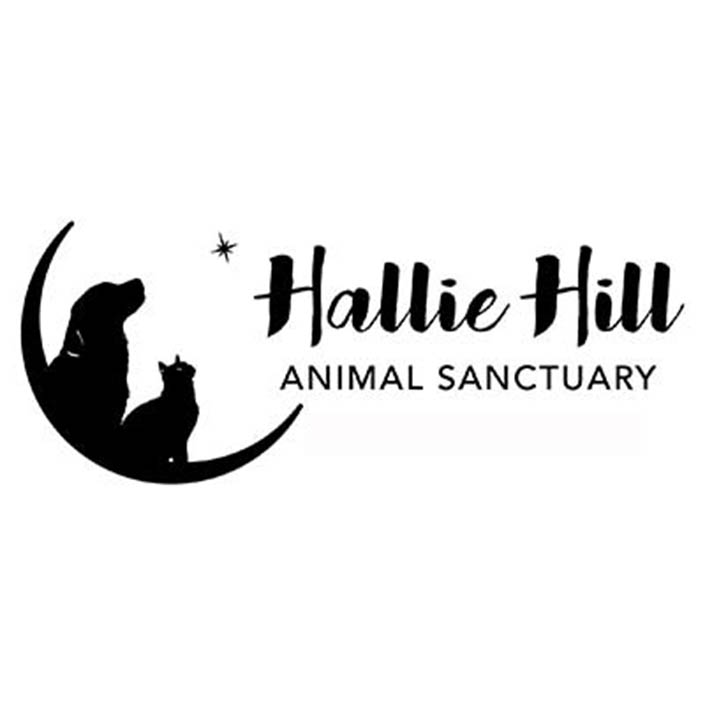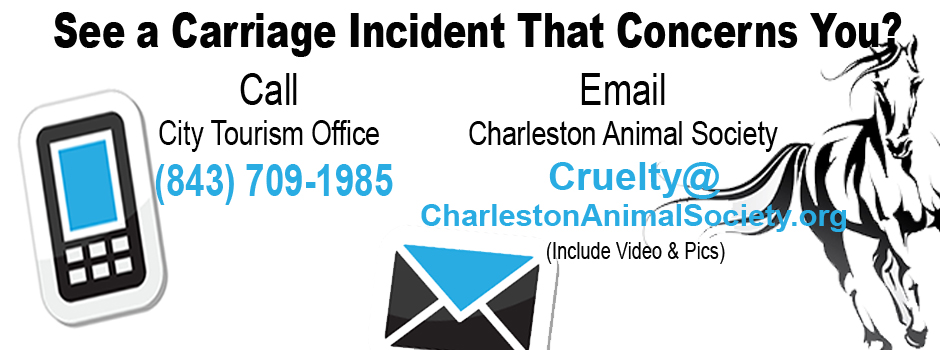Charleston Animal Society Wins Landmark Lawsuit Against Carriage Company
Charleston Animal Society won a major lawsuit brought against it to intimidate and stifle efforts to bring humane reform to Charleston’s carriage tourist attraction. This was a win for animals, advocacy and freedom of speech!
BACKGROUND
It all started nearly five years ago, when a carriage horse, “Big John,” collapsed during a tour in Downtown Charleston. Charleston Animal Society created a video of the incident comprised of footage it received from eyewitnesses as part of its advocacy efforts to make working conditions for the carriage horses more humane, especially during the intense heat of summer. Charleston Carriage Works, which owned Big John, threatened to bring legal action if Charleston Animal Society did not retract the video. The video remains on Charleston Animal Society’s YouTube channel and has more than 66,000 views.
A year later, the carriage company brought a lawsuit against Charleston Animal Society, Charleston Carriage Horse Advocates and Ellen Harley claiming, amongst other things, that the use of the word “collapse” in the video was defamatory. The Court disagreed, holding that the video “is a fundamental example of the type of public discourse protected by the First Amendment.” The Court also determined, based on the carriage company owner’s testimony, that the use of the word “collapse” was not defamatory because it was “substantially true.”
This type of lawsuit is what is known as a “SLAPP” lawsuit – a Strategic Lawsuit Against Public Participation, which are often used to intimidate advocacy organizations, such as those advocating for civil rights, environmental and animal protection, women’s rights, and many more, into backing down from their advocacy efforts due to the legal costs of defending these types of claims. Anti-SLAPP legislation has been enacted in 32 states, both conservative and liberal, in the United States. There have been efforts in the SC Legislature to ban these type of intimidation lawsuits, which are a threat to the First Amendment of the U.S. Constitution. See column here on SLAPP lawsuits from the South Carolina Press Association.
Not only did this lawsuit attempt to stop advocacy efforts for more humane working conditions in line with other cities across America, but it was also one of many tactics, including physical assault, threats, smear campaigns, and the misleading of public and elected officials, launched by the carriage tourist attraction industry to discredit and intimidate the advocacy organizations.
148 years ago, Charleston Animal Society was founded to prevent cruelty to animals like other animal organizations in that era, specifically working horses and livestock. Charleston Animal Society remains steadfast in its efforts to encourage more humane working conditions for the equines working in the urban environment downtown.
EIGHT KEY TAKEAWAYS FROM COURT RULING
(Plaintiff: Charleston Carriage Works, LLC / Defendant: Charleston Animal Society, Charleston Carriage Horse Advocates and Ellen Harley)
1. “While Plaintiff has submitted affidavits in which it baldly claims that Defendants knew that the statements in the Big John video were false, those claims are not supported by admissible evidence…”
2. “Defendants would still be entitled to summary judgment because the speech addresses a matter of public concern and is protected by the First Amendment.”
3. “At the heart of the First Amendment’s protection is speech on matters of public concern.”
4. “… to the extent that the video implies that Plaintiff abuses its horses or treats them in an inhumane manner, such an implication is not actionable. These are matters of opinion not capable of being proven to be false.”
5. “Taken in its context, and with the immense public interest in Charleston’s carriage horses and, specifically, the Big John incident, the video is a fundamental example of the type of public discourse protected by the First Amendment.”
6. ” As to the use of the word ‘collapse’, Plaintiff bears the burden of presenting admissible evidence that the horse did not collapse. It has failed to do so. Rather, as discussed below, the Court finds that Defendants are entitled to summary judgment on this claim on the basis that it is substantially true.”
7. “Plaintiff has produced no admissible evidence that Defendants published the Big John video, or any of the statements made therein, for the purpose of injuring Plaintiff.”
8. “The evidence establishes that Plaintiff has, in fact, violated the law in its operations. Specifically, Dan Riccio, the City of Charleston’s Director of Livability and Tourism, testified after viewing video footage of Plaintiff’s carriages running stop signs that this practice violated the City’s ordinances as well as state law.”
Our Statement on July 20, 2020 Death of Carriage Horse
“On Sunday, July 19th, shortly after 8:00 P.M., the Animal Society began receiving calls from citizens regarding a runaway carriage and an injured carriage horse. Videos and photos followed later.
Monday night, we learned that the draft horse, Ervin, was euthanized. This saddens us for all involved, including the carriage company, its owners and staff.
The video and photos show a bleeding and terrified horse. This must not be ignored and we urge the City of Charleston to conduct a full investigation. These images raise more questions about the enterprise of using horses in an urban environment.
Using horses in an urban environment continues to be controversial. Charleston Animal Society has never called for a ban, rather a peer-reviewed, prospective, scientific study to inform community leaders of the working conditions of these animals. The carriage industry and its supporters have fought this reasonable compromise from the outset.
Rather than coming to the table, our supporters have been physically assaulted and now we have been engaged in a two-year lawsuit aimed at silencing us and our advocacy for these animals. It is time to revisit this cruel enterprise that has caused the needless deaths of both humans and equines.”
Joe Elmore
Charleston Animal Society
President & CEO, CAWA

